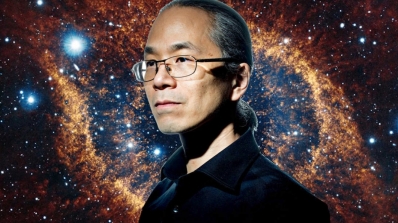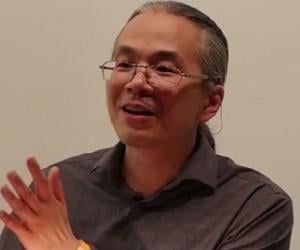


As a result, we point out what is prioritized or transformed in the adaptation process, thus offering a theoretical and philosophical criticism on the two stories and a comprehensive exegesis of the texts. With the aim of providing a solid basis for such discussion, we collect and review the contributions of Linda Hutcheon, Brian McFarlane, George Bluestone, Linda Gualda as well as of others in relation to the plot developments in the literary text and its filmic adaptation. Focusing on that fantastical language, we promote a comparative analysis of the differing perspectives of the novella writer and the filmmakers regarding the free will and determinism dichotomy in connection with foreknowledge, and how these distinct views may have been influenced by the adaptation process. Innovative as it is, it not only determines the way the stories are recounted, but also raises some very interesting philosophical issues.

Ted Chiang’s Story of Your Life (1998) and its filmic adaptation Arrival (2016) both use Heptapod B, an artificial language from extra-terrestrial origin, capable of conferring on its speakers the ability of precognition, as a primordial narrative framework. I won't have access to the full paper for a while, but in principle I should be able to at least understand the sentences of the abstract before diving in to the full paper. Israel Noletto and Sebastião Lopes's JHeptapod B and the Paradox of Foreknowledge: Confronting Literature and its Filmic Adaptation in Arcadia is already challenging for me to read and understand.


 0 kommentar(er)
0 kommentar(er)
